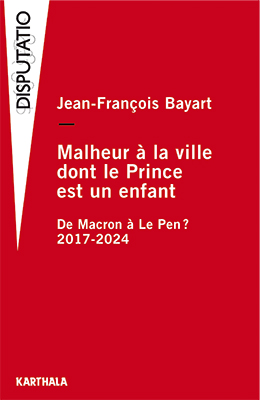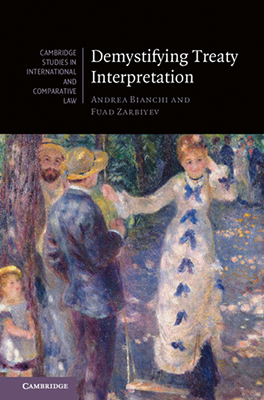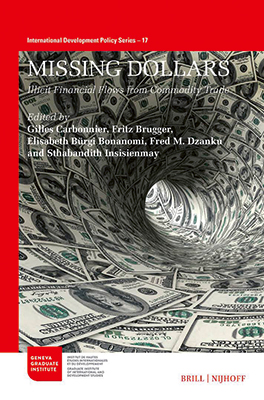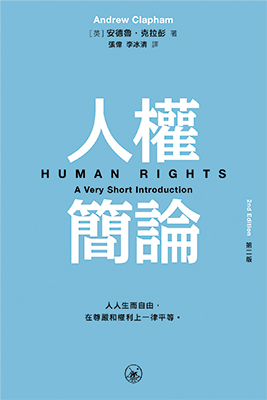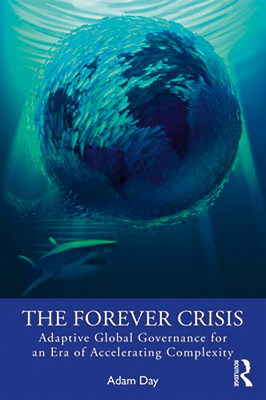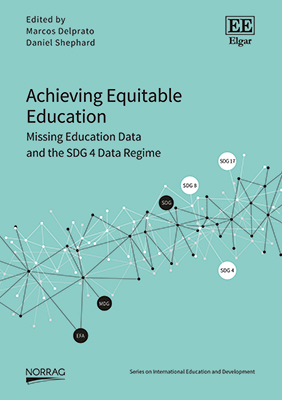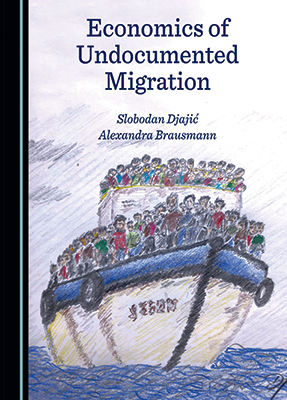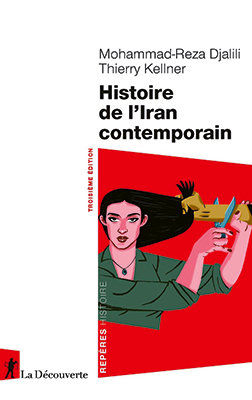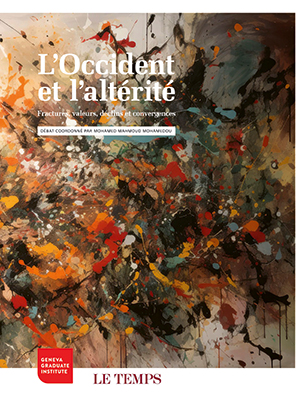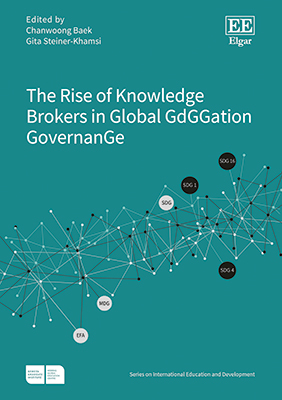
The Rise of Knowledge Brokers in Global Education Governance
Edited by Chanwoong Baek and Gita Steiner-Khamsi
How has the surplus of “evidence”in the digital era affected the dictum of evidence-based policymaking? There is no shortage of studies,
toolkits, databanks, and compilation of good practices that await update by policymakers. Given the limited uptake, however, many international organisations moved from producing and disseminating knowledge to communicating and brokering knowledge. Their metamorphosis has now become an object of academic curiosity and scrutiny.
The book editors invited scholars in the social sciences and policy analysts in international organisations, such as the OECD, Jacobs Foundation, International Development Research Centre and Global Partnership for Education, to reflect on institutional knowledge brokerage in education. How do they establish credibility and trust, in a crowded space of knowledge brokers? The edited volume attempts to remedy the overemphasis on individual brokers and replace it with investigations of institutional knowledge brokerage used by international organisations as a new tool of global governance.



